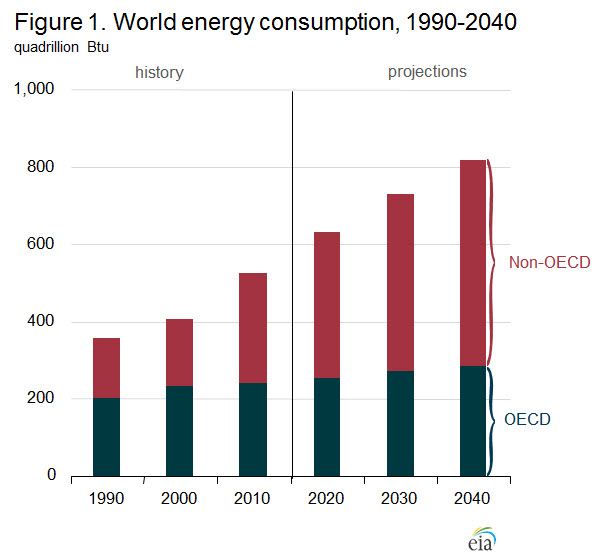Economics is the study of allocation of scarce resources.
Resources yield benefits through their use in consumption or production. And resources are scarce when making use of them in one way removes the opportunity to make use of them in another.
For example, we use our time for play or work. And the organizations where we work ask us to perform different tasks in order to fulfill their objectives. For example, a corporation’s objective is to earn profits for its owners by creating a product valued by their customers. Advocacy groups may have some objective other than profitability. But in a way similar to corporations, they serve their objective by providing a service valued by their constituents. These organizations receive payments--revenues or donations--that they use to invest in equipment and to pay workers. And workers use the income derived from work to buy a house, or heat a house, or buy a car, or put gasoline in the tank. And then we decide where to go, to play or to work.
All of these decisions require tradeoffs. How much equipment will an organization forgo in order to hire another worker? How much income will we forego in order to play? How much heat will we forgo in order to travel? Economics provides a framework for thinking about these choices.
Economics and Energy
Worldwide demand for “energy” is growing rapidly. In the International Energy Outlook 2013, the U.S. Energy Information Administration (EIA) projects that, in 2040, world marketed energy consumption will have increased by 56% from 2010 levels. See Figure 1. Most of this increase will occur in non-OECD countries. Remember who they are? See the Organisation for Economic Co-operation and Development (OECD).
This energy is going to come from a wide and changing mix of fuel types, see Figure 2. In general economic terms, Figure 1 is the demand forecast and Figure 2 is the supply forecast.
In the wild scramble to meet soaring demand with limited resources (ah ha, “scarce resources”!), the situation is made far more complicated by volatile external issues such as those involving the environment (from emissions and climate change to land use and biodiversity), security (energy independence) and local health and economies.
Economics provides the framework for studying global energy markets and the effect of external forces. How will these resources be allocated? What are the forces that could, or should, drive this process? How do non-market factors, such as environmental impact and national security, affect this process?


